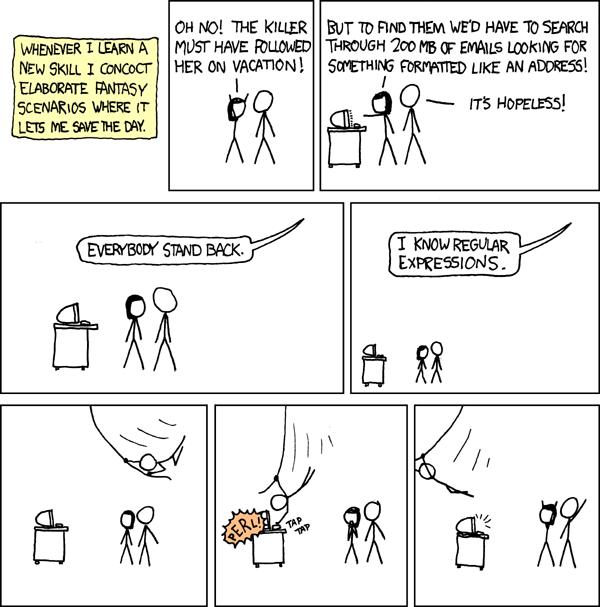






All the serious geeks at Adobe must use Macs.
I have a new Dell Studio XPS 1645 with 8GB of RAM, an i7 Q820 processor @ 1.73GHz, and Windows 7 Ultimate 64 bit OS (giving it a 5.9 Windows Experience score). It takes 39 seconds for this beast to compile one of our CLIPS activities. My confreres running Macs get it done in about 15 seconds. Today, I tried compiling the same .fla on a 4.5 year old MacBook (not a Pro) and it took 18 seconds. Then I tried my 3.5 year old Dell running Windows XP and it took 28 seconds.
Why doesn't an upgrade feel like one?
I have looked around the web for ideas about how to get Flash to compile an .fla faster but haven't found anything helpful. Maybe I should use the XP virtualization that came with the Windows 7 machine or use DropBox to distribute my computing power.
Does anyone have any similar experiences and especially any that will speed up the process?
Sluggish and Lonely in PC land,
Mathfester




